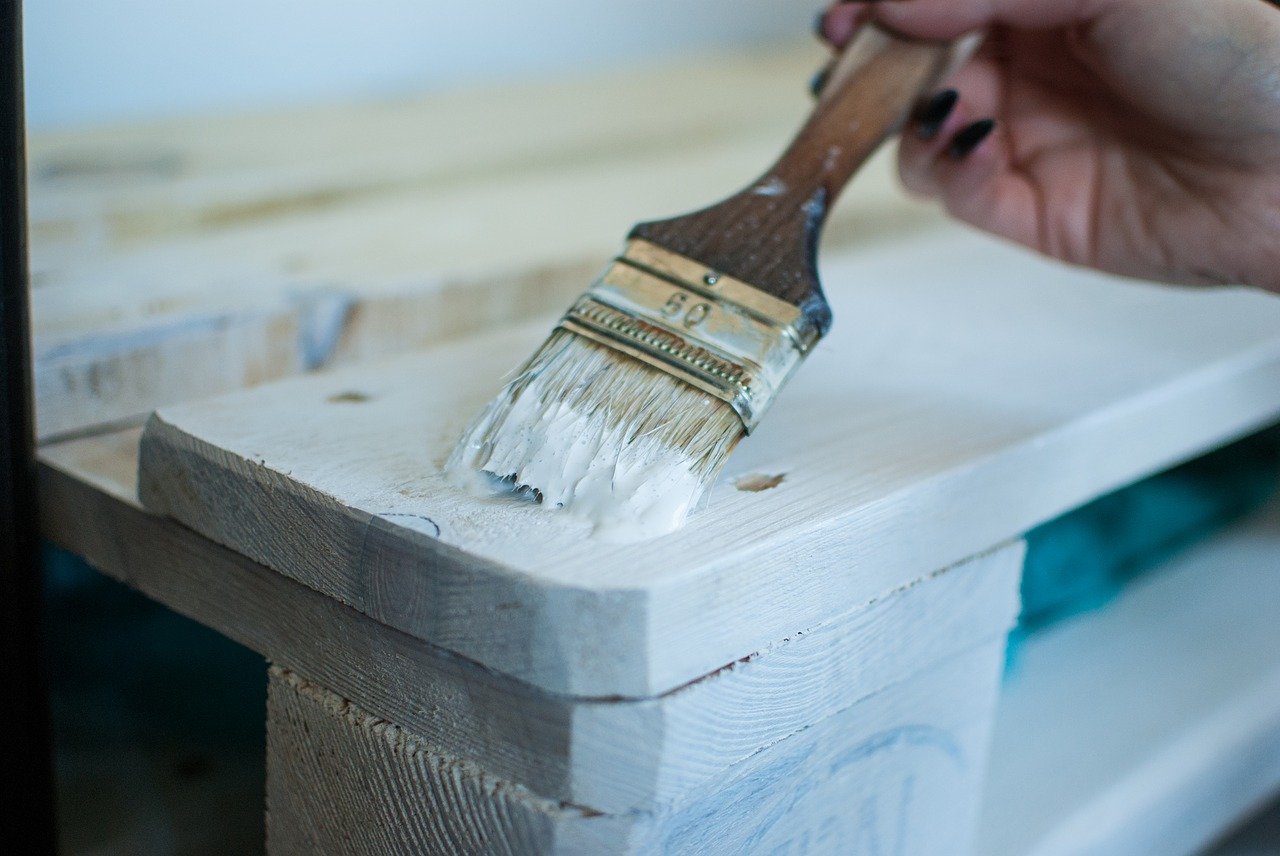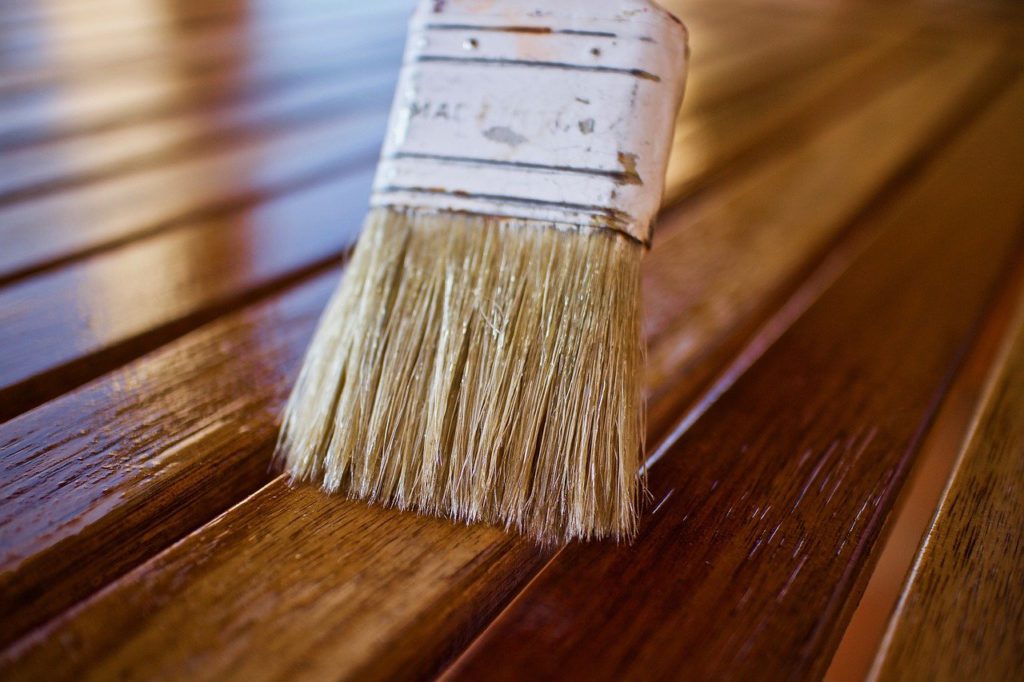
Terrace oil is a wood stain that uses color pigments to alter the natural look of the hardwood. Oil stains, available in a variety of colours, are a great way to restore the look of old, tired, and grey floorboards. Oil-based stains can be used for all types of wood projects such as decks, fencing, gazebos, and garden furniture.
Oil-based floor coverings have been around for decades and provide excellent protection for the outside of the wood. Soil stains based on oil instead of acrylic provide some water resistance to prevent rain from saturating the wood, which can lead to swelling, deformation, and rotting. Oil stains penetrate deep into the wood and provide excellent protection.
One of the best ways to keep floorboards in top condition is to use high-quality plank oil, which penetrates the wood and protects it from excess moisture, moisture, and direct sunlight. Hardwood flooring is highly resistant to weathering, mould, algae, and wood rot and the oil is waterproof, which protects it against long-term damage and other biological threats. High concentrations of cover oil and wax make cover oil resistant to water, dirt, and harsh weather conditions and give the hardwood a fine finish.
The most suitable oil for your deck depends on the use of your deck, the amount of contact with the elements, the type of oil used and the type of wood your deck consists of. This article will complement your maintenance and research to determine the best decking oil on different types of wooden decks to suit your needs. The steps required when using oil or water-based wooden deck surfaces, as well as the necessary maintenance, will help you make your decision.

For example, the best decking oil for merbau will be dark hardwood, it is best to use a tinted oil to limit the further darkening of the wood, depending on the look you want. Patio products go beyond wood stain – patio stain means colored patio oil, which is one of the alternative coating types of products left over from plastic lacquer films on the wood surface. If you want to add colour to your floorboards, stains offer the widest range of colours and solid translucent surfaces, but floorboard oils are the best option if you want a colourless treatment that sinks into the wood and protects the mould layer over there.
Ceiling oils are also available in a variety of transparent and natural shades and options, as well as oil-based ceiling stains to protect your deck from weather and foot traffic. Ceiling pickling oils are available in a wide range of natural wood tones and colors, while ceiling oil combines both clear and purely natural versions. According to this guide, darker terrace oil provides better UV protection than light or clearer terrace oil, helps replenish the natural oils in the wood to keep it nourishing and supple while the oil prevents cracks, splits, and warping of patio boards, and is easy to use, clean and maintain.
Terrace oils have additional properties like UV protection and slip resistance, but the main purpose of terrace oils is to penetrate the wood and protect it from extreme weather conditions. Terrace oils can cover up to 24 square meters (LTR) and are rainproof and can be used in light foot traffic for 4-8 hours depending on the brand and product used. Many contain UV filters to slow the effect of UV damage on the wood. Anti-slip treatments are usually available in clear formulations, but can also be applied to coloured cover oil as it dries to obtain a coloured finish with non-slip properties.
If you want to preserve the natural appearance of the wood without disturbing it in any way and protect it with a non-slip surface, the clear cover oil 430D is perfect. Oil-based deck stains generally last longer than they do, depending on the type of wood, weather conditions, and whether the deck will be unprotected or stained. However, cover oil-based surfaces can degrade to such an extent that they no longer repel water beads. Therefore, it is recommended to clean cover areas with a floor cleaner or restorer and to treat them with suitable oil.
In contrast to stain and paint, Liberon Decking Oil maintains the wood from the inside out and revives, restores, and improves its natural coloration. If you are looking for a transparent product that sits comfortably on your existing surface and protects it without compromising color, then Clear Decking Oil is the best choice. New decks benefit from oil because the new wood is lightweight, so the oil gives richness and helps the deck blend better into your home.
Terrace oil helps to protect, care for and protect softwood and hardwood flooring from weather, mould, algae, drilling, and insects. Ceiling oil is not designed to change the color of the wood, and water-based oils can darken the wood. It is advisable to test oil stains in inconspicuous areas before applying the first coat to ensure that they do not change the colour of the wood.
Long-term users will rejoice in the longevity of this ceiling oil, as it has a UV protection formula that protects wood from bleaching and gray in the sun, weather, and harsh winters. The noble finish shows the character of the wood with an attractive gloss Liberon is an inexpensive medium-sized oak ceiling oil that seals decks.




